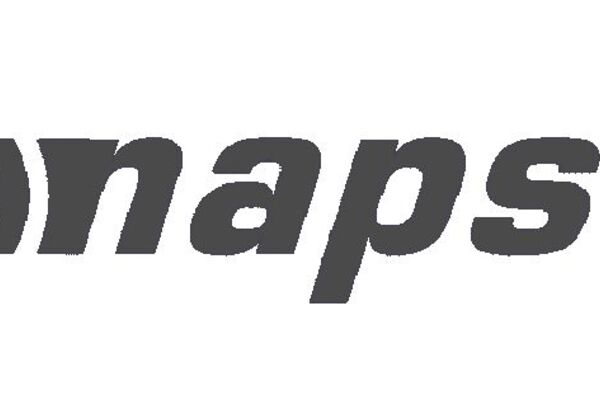Napster Sold – Yet Again
Petteri Pyyny
27 Mar 2025 13:16

Few names in digital music history are as recognizable as Napster. Launched in 1999, this pioneering service completely upended the music industry by enabling users to share songs freely--an innovation that was deemed illegal but gained massive popularity.
It's worth considering that without Napster, legal streaming services such as Spotify--and even video platforms like Netflix--might not exist today.
At the peak of Napster's success around the turn of the millennium, the recording industry was thriving on CD sales. With no need to change a profitable model, record labels saw no urgency for digital transformation--until Napster came along. By popularizing MP3 files and proving that users wanted to download individual tracks, the platform forced the industry to rethink its approach.
Napster's impact was both technological and cultural. It contributed to the decline of the album as the dominant format and created an entirely new market for tech companies. MP3 players flooded stores, including those from major brands--despite widespread awareness that they were mostly used for pirated music.
Even Apple owes part of its success to Napster's disruption. Apple became the first company to successfully pair legal music downloads with its own hardware, and for a time, its iTunes store--where users could purchase individual songs--was as vital to the industry as Spotify is today.
Napster's golden era was short-lived, however. Record labels took the company to court and won, ultimately leading to its shutdown for enabling copyright infringement.
Since then, Napster's brand has been passed from owner to owner. The first to acquire it was Roxio, a company known for CD-burning software. Roxio attempted to transform Napster into a legal music marketplace, but it never gained significant traction.
In 2008, Napster was purchased by U.S. electronics retailer Best Buy. Then, in 2011, the brand was acquired by streaming service Rhapsody. Over time, Rhapsody rebranded itself as Napster but never managed to challenge streaming giants like Spotify.
In 2020, the former Rhapsody--by then known as Napster--was sold to virtual concert company MelodyVR. However, Napster's stay there was brief, as it was sold again in 2022 to two blockchain and cryptocurrency-focused firms, Algorand and Hivemind.
That ownership was short-lived as well. As The Guardian recently reported, Napster has been sold once again. This time, the buyer is a startup called Infinite Reality, which acquired the company for $207 million.
Infinite Reality plans to transform Napster into a music-focused social platform, allowing artists to engage with fans while monetizing their brands more effectively. The concept bears a striking resemblance to the early 2000s MySpace, but Infinite Reality appears confident in its vision.
The company also has ambitions to host 3D virtual concerts on the new Napster platform. Whether this latest reinvention will finally give Napster a lasting place in the digital music landscape remains to be seen.